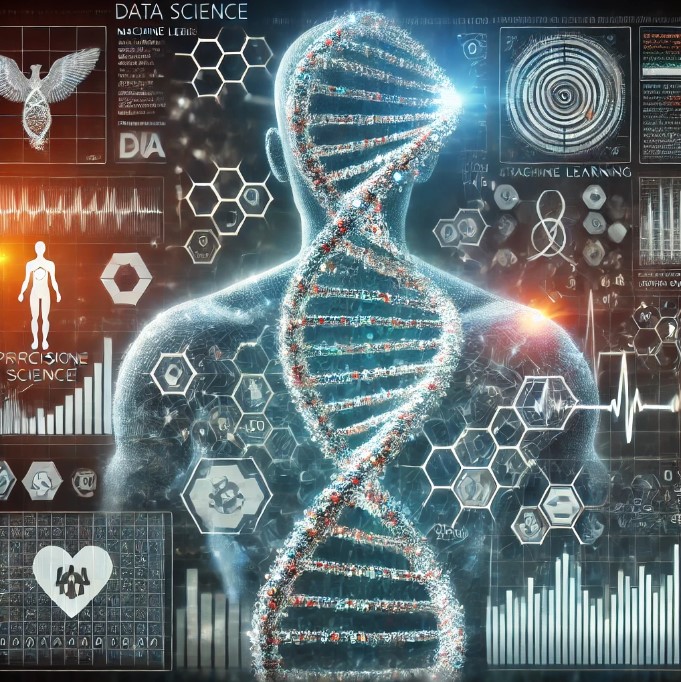
Data science, machine learning and computational genomics for precision medicine
Widespread application of genome data to better understand human genetic diseases has provided so much information that the field of genetics is now very much a data science. Presented by Dr Dan Andrews
Speakers
Event series
Content navigation
RegisterDescription
Watch the recording
Widespread application of genome data to better understand human genetic diseases has provided so much information that the field of genetics is now very much a data science. This onslaught of high-resolution information is causing long-standing scientific questions to crumble. And means that machine learning and data analytics are now integral to the future of precision medicine.
About the speaker

Dan Andrews is a computational biologist with a background in human genomics. He is an ANU biochemistry graduate and has worked in both research and industry, in Australia, Japan and the United Kingdom. With an unapologetically technical focus, he has authored papers in genomics, computational biology and molecular evolution.
Fellowship Project
During his fellowship, Dr Andrews will pursue projects to accelerate our understanding of human pathogenic genetic variation. This work in computational biology and bioinformatics, seeks to uncover causal patterns and functional signals from genome sequencing and high-throughput phenotyping data and has both a human clinical context and a model organism context.
At the heart of this research is the data-driven effort to predict medical consequences of mutations identified in personal human genomes. This brings together work built on a base of high-throughput bioinformatics computation to identify genetic variation in genomes. These platforms feed downstream into computational biology investigations that focus on the application of deep learning in cellular phenotyping and prioritisation of pathogenic protein mutation with structural bioinformatics.
Through this work, Dr Andrews will build an understanding of the medically-relevant consequences of mutation and genetic variation identified in personal genome data. From this understanding, he and his team will produce applications, both computational and pathology tests, to better identify patterns of pathogenic genetic variation observed in complex human diseases.
These research activities will be founded on information systems that control input, derived data and metadata, therefore allowing rapid and/or iterative hypothesis testing with large datasets of real project data. The end-point for these systems is they are intended to produce regulated datasets for training predictive models.
Location
Online

